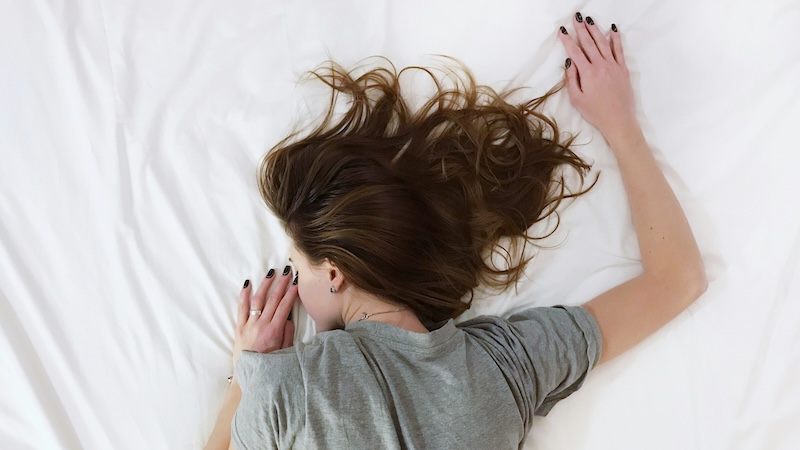Well-reseted compared to future doctors and nurses

Law students are getting more shut-eye than many of their peers, according to new research ranking the UK’s most sleep-deprived uni courses.
The analysis placed law among the least sleep-deprived subjects, with a score of 24.3 out of 100 on the “sleep deprivation index”. By contrast, nursing, nutrition and other ‘subjects allied to medicine’ top the table with a score of 52.2, with students clocking up over 55 hours a week in study and placements and nearly 10 hours of paid work on top.
Other demanding courses include mathematical sciences (51.5) and medicine and dentistry (45.1), where heavy assignment loads and long study hours leave many students struggling to rest. Agriculture and general sciences also landed in the top five for sleep deprivation, with more than a third of students in agriculture considering dropping out.
Law students, on the other hand, reported around 32 hours a week on study-related activities, plus an average of 7.7 hours of part-time work. Coursework demands were also lighter, with around 4.6 graded assignments per term, compared to double-digit workloads faced by science students.
At the opposite end of the table, geography and environmental studies students were the most well-rested of all, scoring 19.9, followed closely by language and area studies at 20.6.
The study also found that just 21% of law students had considered dropping out — one of the lowest figures across all disciplines. Of those, just over a quarter (28%) cited mental or emotional health struggles, compared to nearly 25% of allied to medicine students and 37% of mathematical sciences students.
The findings are based on the latest HEPI Student Academic Experience Survey (SAES), which questioned over 10,000 full-time undergraduates. The index was compiled by sleep specialist eachnight, who weighed factors like contact hours, independent study, paid work, and assignment loads to identify which students are most — and least — likely to be burning the candle at both ends.
